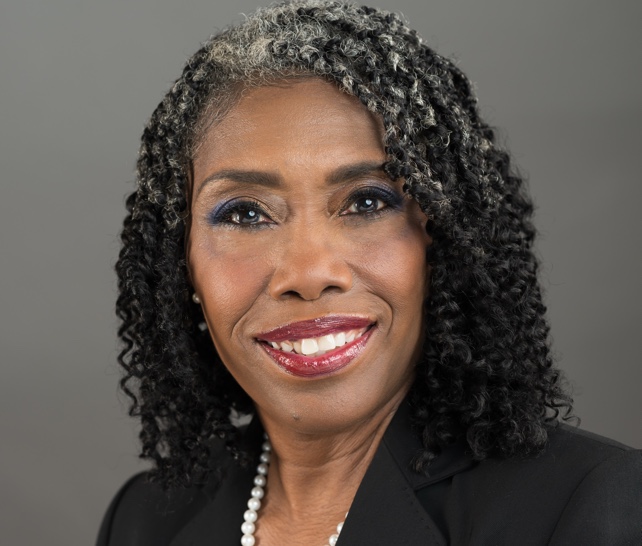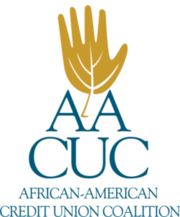Historically Black Colleges and Universities (HBCUs) are more important than ever.
Perhaps you are wondering: “Well, what exactly is an HBCU? Or maybe you are saying to yourself:“Renee, why are HBCUs important to the credit union system?” Well friend, I’m glad you asked.
The 107 HBCUs across the country were established before the Civil Rights Act of 1964 with the mission to serve and educate the African American community. These epicenters of culture and higher education were founded on the belief that every individual ought to receive a strong education despite their ethnicity, race, or income level. With over 25% of African Americans earning their degree from an HBCU, it is no doubt that HBCUs have played an instrumental role in the development of African American professionals. I am a former instructor for Spelman College’s Continuing Education Department and my 7 years at the college were eye-opening.
Research from the Nationwide Retirement Institute says that nearly 90% of African American college students considering a financial services career report that they believe there are challenges that specifically impact financial professionals in the industry today. I can’t help but to conclude that their concerns most likely arise from the profound lack of diversity in the financial services industry.
Recent events in our country have certainly raised national awareness of the need for diversity, equity, and inclusion (DEI). However, the financial services industry still struggles with recruiting and retaining people of color, most notably at the senior level. In fact, I would argue that the credit union movement struggles even more in this area when compared to our banking counterparts.
Goldman Sachs recently launched a $25 million, five-year commitment to invest in the strength of HBCUs and created a program that gives students hands-on training, networking opportunities and mentorship. Morgan Stanley is providing scholarships and career training for HBCU students to enhance their skillset and prepare them for corporate success in the financial world.
What are we doing in the credit union industry to support HBCU students and graduates?
Wayne A.I. Frederick, President of Howard University in Washington, D.C., said that “It’s a danger to the national interest not to invest in these institutions.” I must say that I couldn’t agree more. The unfortunate reality is that HBCU’s are underutilized in the credit union movement.
How can we truly propel our movement forward without tapping into the greatest pool for African American talent? The short answer is, we can’t. Sure, we see the value proposition and business case for DEI, but we must carefully assess how we can improve African American representation in the credit union system.
Leveraging HBCUs, specifically, will help us break the barriers that have long been in place to keep people of color from integrating into the financial services marketplace. The fewer people of color that we have in our boardrooms and in our branches, the less we can authentically live out our mission of “people helping people.”
The truth is that many African Americans can directly relate to the lived experience of the underbanked. Research shows that credit unions are more likely than banks to serve the underserved communities. If that is the case, our front offices should reflect the communities that we serve.
Let’s lay the foundation for the next generation of credit union professionals by working with HBCUs to increase diversity in the credit union movement.
What if credit unions came together to create a new credit union that serves HBCUs? My colleague Gary Perez, president/CEO of USC Credit union, for example, started this important conversation that could be carried out sooner than we think. An HBCU credit union could provide affordable financial services and tailored financial education to fit the unique needs of HBCU students, alumni, faculty, and staff members.
The value proposition of HBCUs also closely aligns with those of credit unions. Rooted in faith, community, and service, HBCUs provide tremendous value to our society. Like credit unions, HBCU’s are meeting the needs of underserved communities and promoting financial wellbeing for all. Although they do not have the formal title, I would go out on a limb and say that HBCUs are cooperative in nature.
When credit unions partner with HBCUs, we can help increase the number of African American credit union professionals nationwide, providing them with the training and mentorship opportunities that they need to be successful. When credit unions partner with HBCUs, we can help address the racial inequities facing our communities, moving beyond a commitment to change to taking action to change.
Creating an inclusive and equitable credit union system requires us to invest our resources back into the communities that need them the most. Credit unions will reap the benefits that come with a diverse workforce while also helping powerful young men and women develop their finance skills. We cannot do this work alone; it will require us to work together.
HBCUs are the stewards of African American intellectual thought leaders and professionals. I can’t think of a better resource to strengthen credit union diversity than HBCUs.








